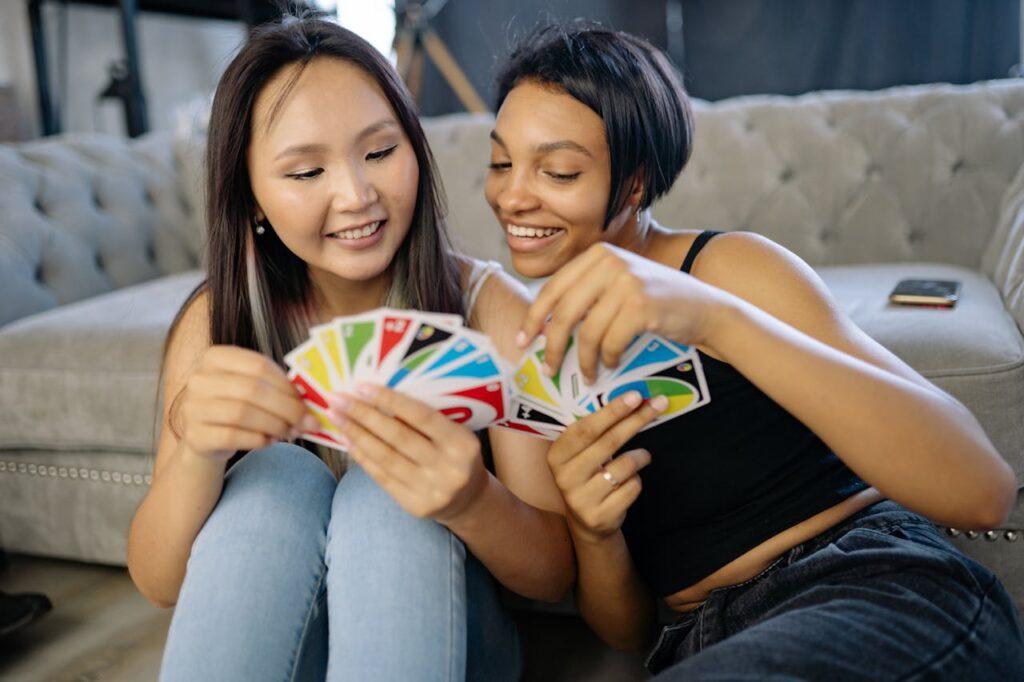Why Minority Millennial Women Are Saying Yes To An Offline Summer

The other day, I caught myself scrolling. And it wasn’t just a quick break from the everyday tensions of being self-employed and hunting for new clients — all while focusing on my latest educational goals as a way to recapture my sanity. It was the kind of mindless, finger-numb scrolling where you look up and realize three hours have gone by. My ice-cold Celsius had gone tepid, my to-do list unchecked, and my brain began buzzing with everybody else’s business but my own. That was the moment I knew: Something had to give.
This year’s “Offline Summer” movement offers a vital cultural moment — especially for minority millennial women — who have long navigated complex online spaces, disastrous employment outlooks, micro-aggressions, lower pay, and extra responsibilities. Embracing intentional digital detoxes presents clear benefits backed by recent data, underscoring how stepping away from screens can help many of us reclaim mental clarity, well-being, and creative presence. It’s not just about rest—it’s about survival.

Add to that a February 2025 survey that found that 78% of millennial adults often “wish they could disconnect from digital devices more easily.” And let’s talk mental health first. We already know how much comparison culture can eat away at our peace. A large study found that people who deactivated Facebook or Instagram for just a few weeks felt happier and less anxious. Add to that the research from Griffith University showing women who took breaks from Instagram and TikTok reported better body image, and you see the pattern: our brains and hearts do better when we step back. For minority millennial women, who already deal with pressures to perform, to represent, to prove ourselves online, the stakes are even higher. Disconnecting becomes a way to breathe again.
Better Quality Of Sleep And Life
Sleep is another story we don’t talk about enough. How many nights have you said, “Just one more video,” only to look up and it’s 2 a.m.? Science backs what our bodies already know: that blue light from our phones keeps us awake and messes with our natural rhythms. One study showed that cutting screens an hour before bed raised melatonin by over 50 percent and added almost half an hour of real sleep. Imagine how much better we’d feel if we let our brains rest instead of feeding them TikToks until dawn.

Improved Creativity
And then there’s creativity, the part of ourselves that’s so easy to lose when our attention is chopped into 15-second clips. I think about the times I’ve left my phone in another room, sat outside, and just let myself daydream. That’s when the good ideas come, the ones that feel like they come from a deeper place. Studies show that when people cut back on phone use, their focus sharpens, their memory improves, and their real-world connections deepen. It makes sense. Offline is where the inspiration lives, not in the endless scroll of recycled trends.
Reclaiming Balance
For minority millennial women, having an offline summer, even if for a deliberate few hours, feels like more than just a wellness trend. It’s a statement. We know the internet can amplify our voices, but it can also drain us dry. Logging off, even temporarily, is about reclaiming balance and remembering that our worth doesn’t depend on likes, follows, or algorithms.
So if you’ve been feeling the burnout, know you’re not alone. We’re part of a generation that’s finally realizing we don’t have to be “on” all the time to matter. Read a few new books, flip through your favorite magazine, start an art project, host a silent retreat (or book your stay at a digital detox program), or have an impromptu a dinner party, and give your eyes and brain the rest it needs.






